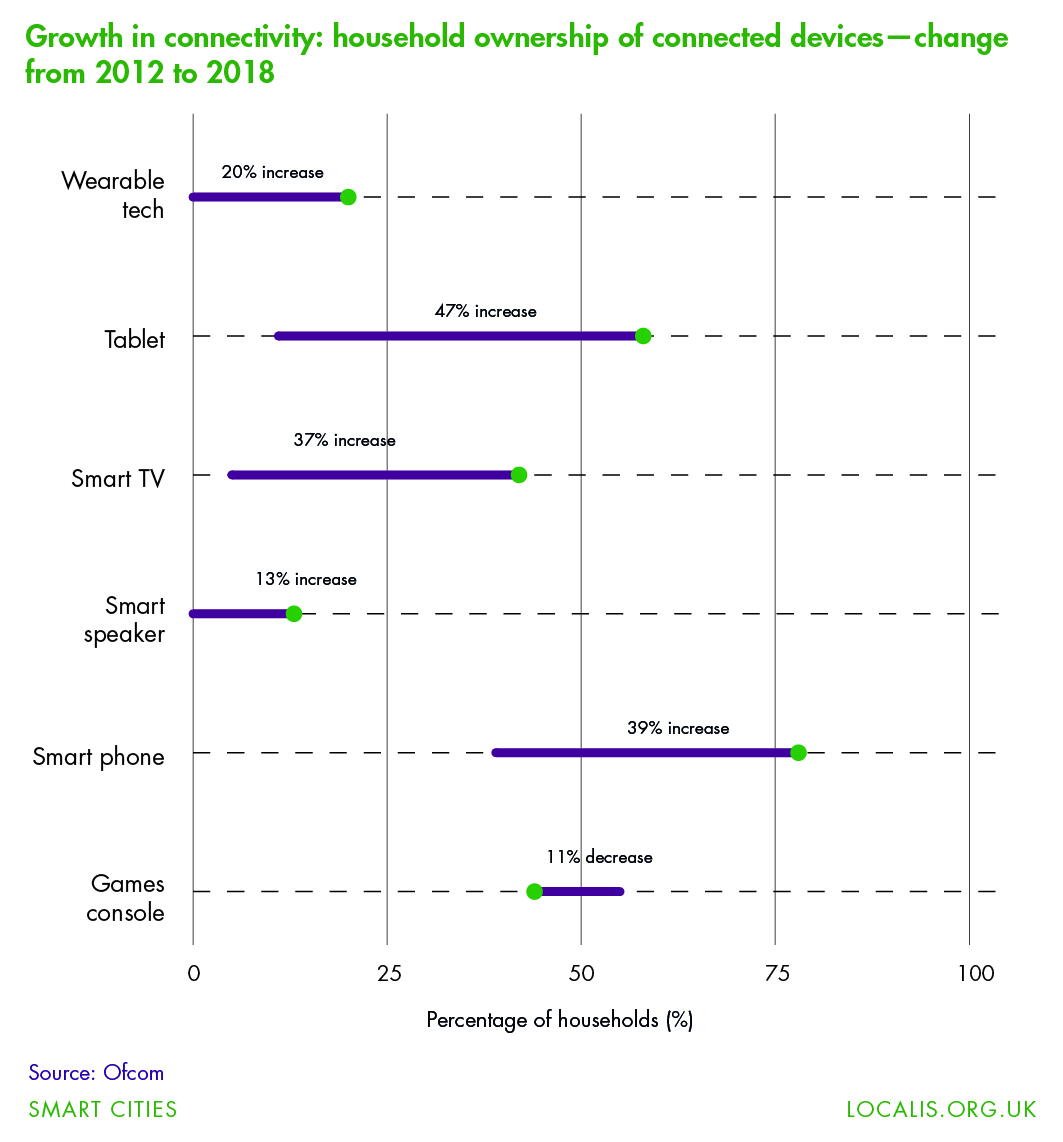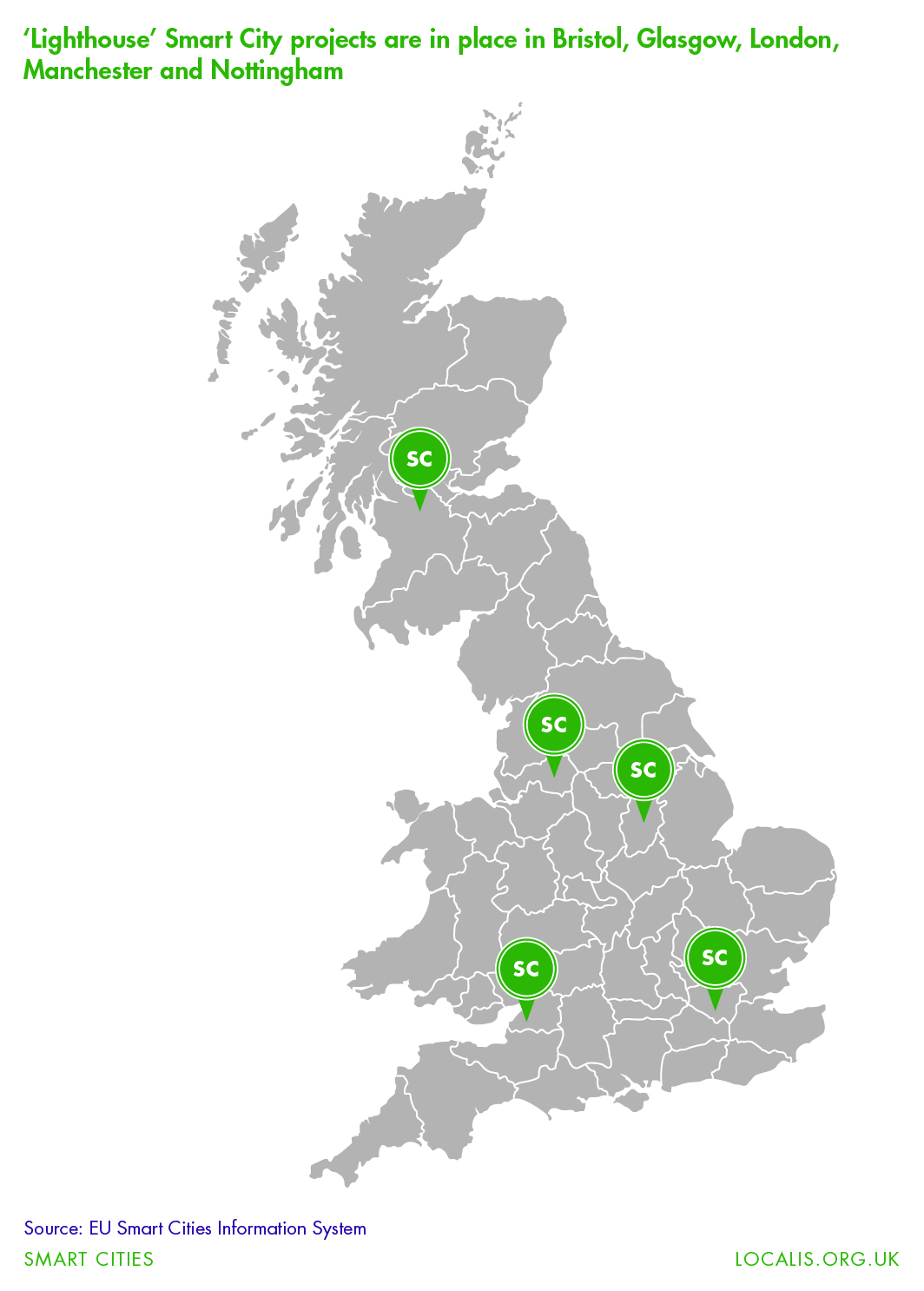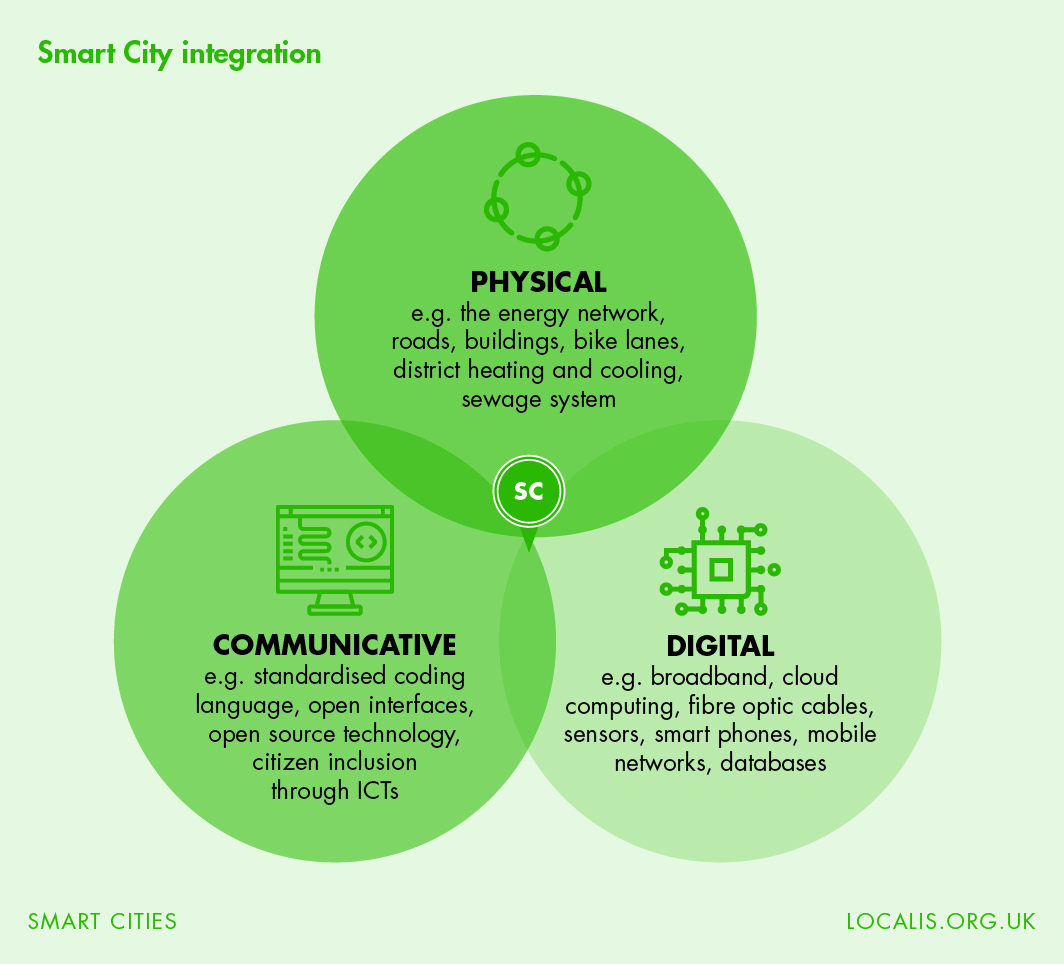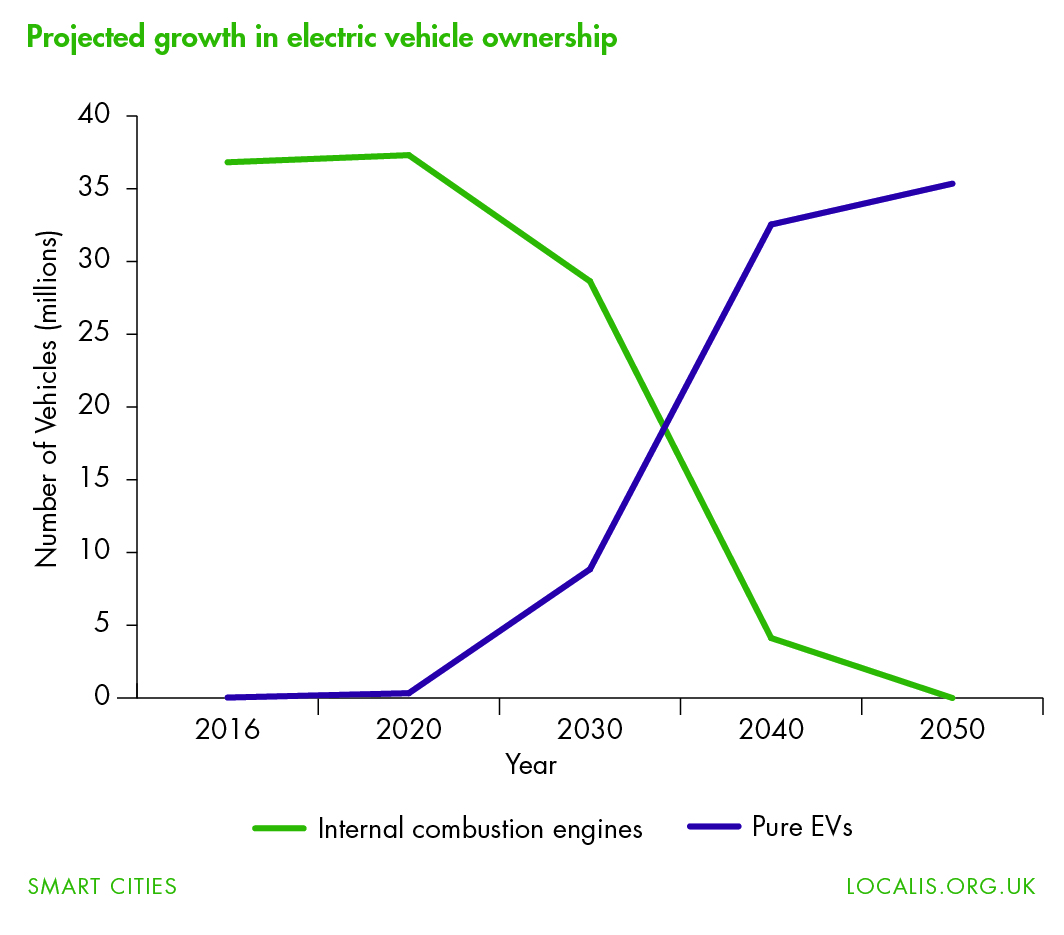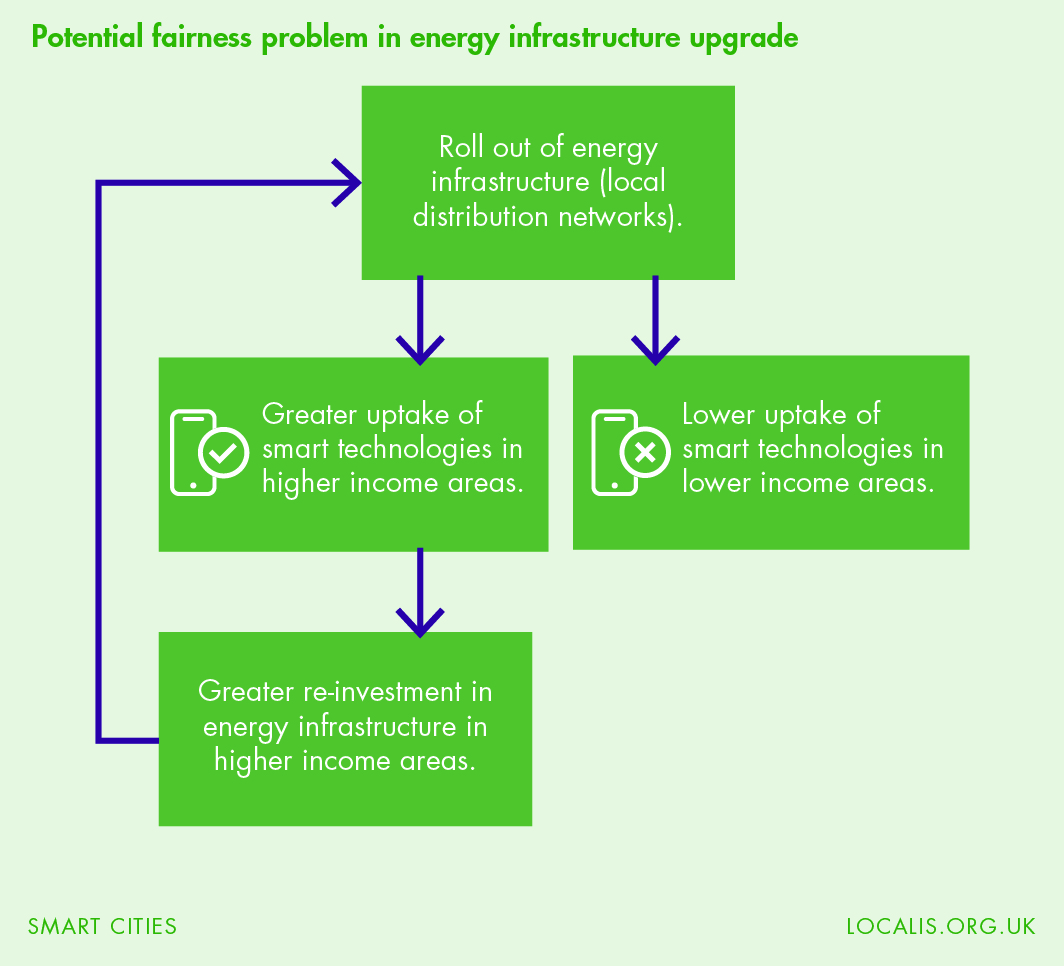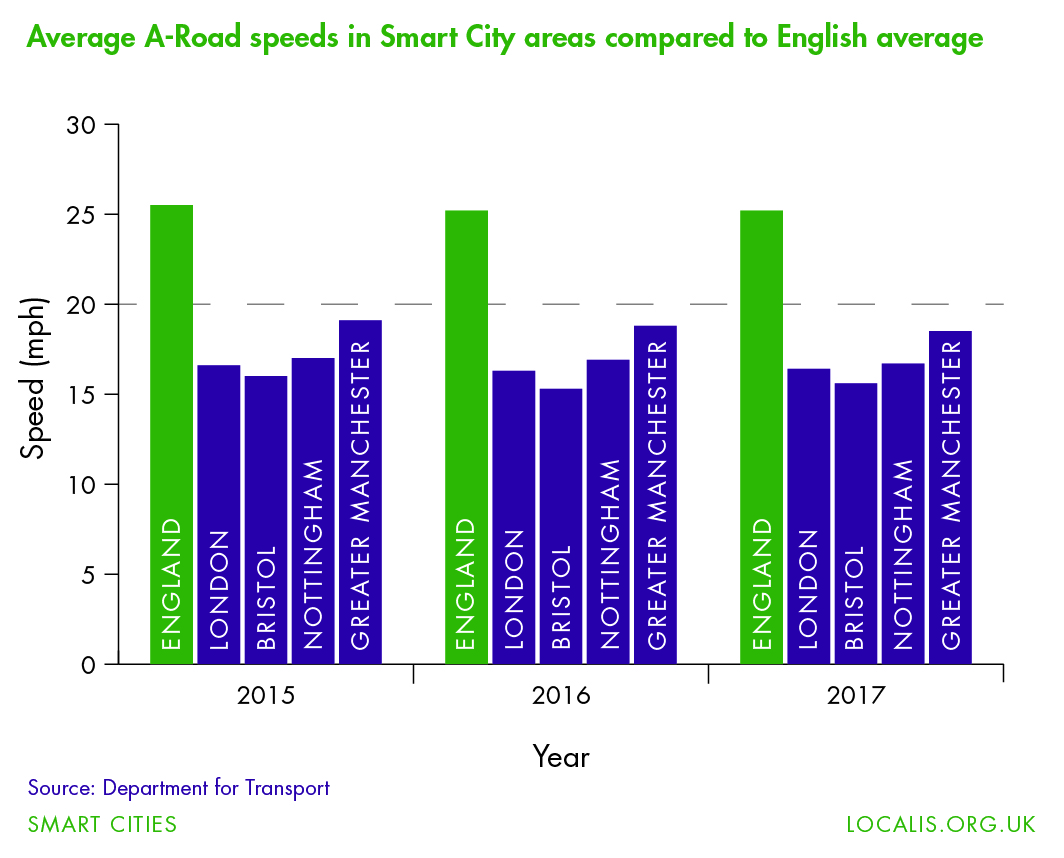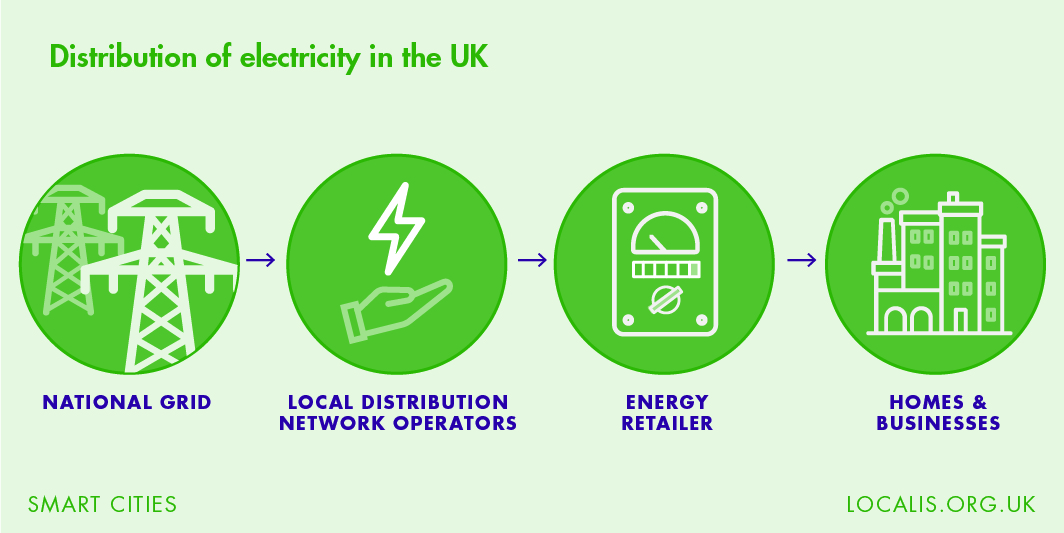Major rethink needed to prevent millions missing out on benefits of electric vehicles
Without a change in regulation, behaviour and a transfer of powers for local energy policies, we risk a tale of two cities in our major urban centres
Embargo date: from 00.01 a.m., Thursday, 10 January 2019
- EV infrastructure roll-out risks exacerbating UK social divides, with some communities set to miss out on major health & financial benefits
- Restrictions on investment should be lifted or UK could fail to meet ambitious EV roll-out plan
- Ofgem’s powers should be devolved to ensure cities can develop their own bespoke energy policies and plans
- Findings follow engagement by Localis with local authorities, councils and business groups on the future of the UK’s cities
Social divides in communities could be deepened with millions of people set to miss out on the environmental and financial benefits of electric vehicles (EVs), a new report by Localis has found.
The report – ‘Smart Cities: Fair investment for sustainable growth’ – argues that outdated energy and infrastructure policies must urgently be modernised, and local network operators freed up to invest ahead of demand, if the government is to meet its ambitious targets for ensuring all new cars sold are zero-emission by 2040.
The report calls on government to devolve certain Ofgem powers to city regions and strategic authorities, allowing them to develop their own ‘smart city’ plans and energy policies built upon their own expertise and understanding of place.
Local authorities should be able to form their own consortiums using existing knowledge of their local areas, and also be empowered to work with private energy network providers to deliver the infrastructure they need for the future, the report recommended.
The report emphasised that families across the UK are at risk of sharing the cost for necessary new energy infrastructure, but not being able to access for themselves the benefits of EVs and other ‘smart’ technologies – driving further inequality between richer and poorer parts of the country.
Jonathan Werran, chief executive at Localis, said: “Without a change in regulation, behaviour and a wholesale transfer of powers for local energy policies, we risk a tale of two cities in our major urban centres – deepening levels of inequality between the prosperous and more deprived parts of town.
“A ‘devolution revolution’ in locally-regulated energy markets has the potential to accelerate the nation’s switch to clean growth, turn UK cities into powerhouses for sustainable and inclusive prosperity and improve livelihoods in towns and cities across the UK.”
Furthermore – while private energy network providers have invested heavily in building infrastructure that is fit for purpose today – the report found their inability to invest further unless there is proven need for it presents a major barrier to readying cities for smart technologies.
This restriction should be lifted if the UK’s energy network is to be fit for meeting future demand for smart technologies such as EVs – which will require a six-fold increase in the number of charging points by 2020 (Emu Analytics, May 2018).
The report authors also recommend that government should produce a standardised framework for how EV charging infrastructure is built and upgraded.
Localis head of data research, Joe Fyans, said: “The advancement of smart technology into households has huge potential for increasing the quality and efficiency of local public policy, but we have to make sure we have the nuts and bolts infrastructure in place to facilitate this change by securing the appropriate investment, and in a timely fashion.”
The report and its recommendations were informed by a series of roundtable events with local authorities, councillors and business groups.
George Lowder, chief executive, Transport for Edinburgh, said: “We’ll be taking note of the findings of this report here in Edinburgh, which is particularly timely as we consider city centre transformation, Low Emission Zones, future mobility and city development in 2019.
“A cleaner, smarter, Edinburgh is one that we are all striving for – including the increased use of EVs across our public transport fleets and an extended EV charging network for the city. The recommendations in the report today can help us to deliver this in a way that works for everyone.’’
Cllr Anna Richardson’s, city convener for sustainability and carbon reduction, Glasgow City Council, said: “Today’s report sets out many of the challenges and opportunities for Glasgow as we continue on our transition to a ‘smart city’.
“New technologies like EVs can play a part in decarbonising our transport system and improving our air quality – but they need to be rolled out fairly across the city, so everyone can benefit, and not exacerbate existing inequalities.
“The recommendations today can help ensure that government, and local authorities up and down the country, are able to oversee a successful shift to smarter technologies in a way that is fair, affordable and equitable.”
ENDS
Press enquiries:
Jonathan Werran, chief executive, Localis
(Telephone) 0870 448 1530 / (Mobile) 07967 100328 / (Email) jonathan.werran@localis.org.uk
Notes to Editors:
- A full copy of the report can be downloaded here: Smart Cities – fair investment for sustainable growth
- Report recommendations:
- Acknowledgements:
Copies of graphs accompanying the report can be found here
In order to build environmentally sustainable, economically productive and inclusive smart cities, Localis calls for the following policy recommendations:
Recommendation #1: Upgrades to networks to enable smart energy and the roll out of EVs must be done fairly to ensure equitable opportunities for households across different socio-economic backgrounds and to ensure existing disparities are not exacerbated.
Recommendation #2: Ofgem should loosen regulations to allow energy network providers to invest ahead of demand.
Recommendation #3: Certain regulatory powers of Ofgem should be regionally devolved so that cities can develop their own energy policy.
Recommendation #4: Local authorities should be given a mandate to form consortiums and develop smart city plans which integrate various initiatives across geographical boundaries.
Recommendation #5: Public awareness of the environmental and financial benefits of smart city growth and development should be increased.
Recommendation #6: Local government should work with private energy network providers to deliver physical infrastructure.
Recommendation #7: In developing smart city strategies, private providers should be given access to public data and vice versa.
Recommendation #8: Government must produce a standardised framework for electric vehicle charging equipment and associated infrastructure upgrade requirement.
The report was commissioned by ScottishPower, as part of a wider project looking at the future of smart cities.
Press release distributed by Pressat on behalf of Localis, on Thursday 10 January, 2019. For more information subscribe and follow https://pressat.co.uk/
Electric Vehicles Infrastructure Energy Policy Government Finance Economy Business & Finance Computing & Telecoms Construction & Property Government Manufacturing, Engineering & Energy Public Sector & Legal Transport & Logistics
You just read:
Major rethink needed to prevent millions missing out on benefits of electric vehicles
News from this source:



